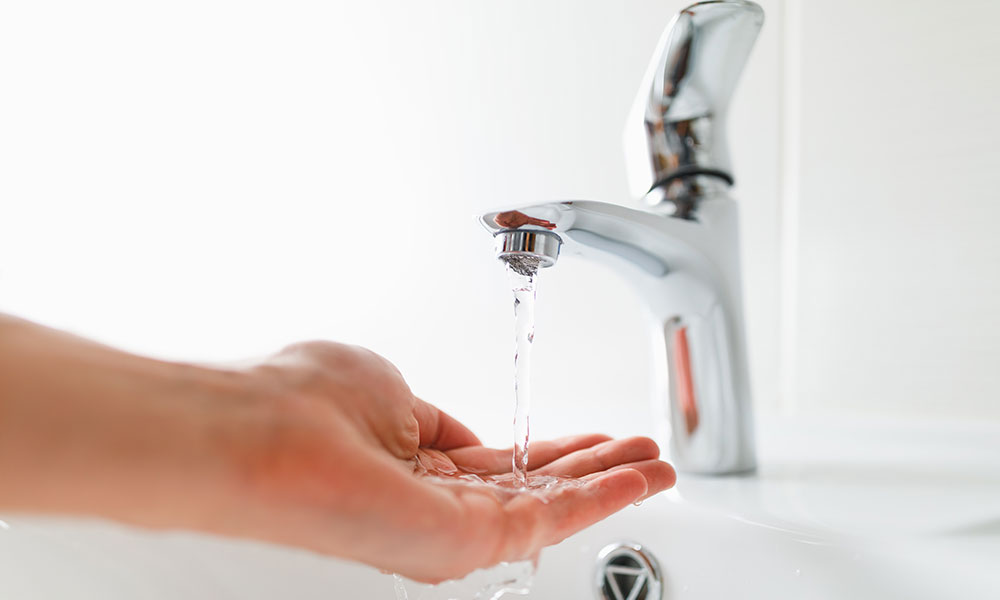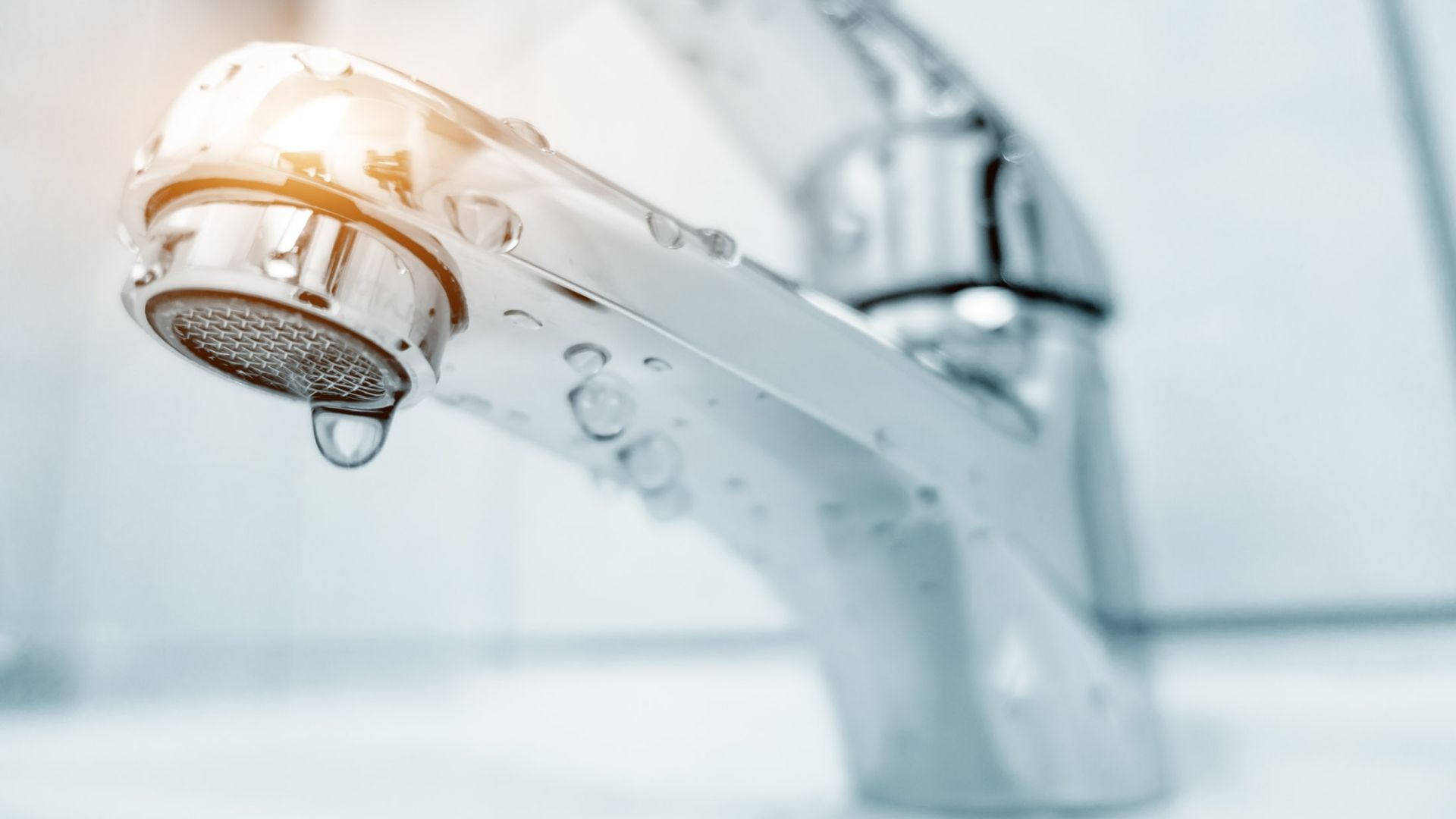The publisher is making a few good observations on the subject of Low Water Pressure in the House? in general in this post down the page.

Low water stress in your home can be a discouraging trouble, influencing whatever from showering to washing meals. If you're experiencing weak water circulation, there are several possible causes and remedies to discover. In this overview, we'll discuss typical factors for low water pressure and useful steps to attend to the problem effectively.
Introduction to Low Tide Pressure
Low water stress takes place when the circulation of water from your taps, showers, and various other components is weaker than common. This can make daily jobs much more difficult and much less reliable. Comprehending the sources of low water pressure is important to finding the right service.
Common Root Causes Of Low Water Stress
Faulty Pressure Regulatory Authorities
Pressure regulatory authorities are in charge of maintaining constant water pressure in your house. If they malfunction, it can result in low water pressure or unequal flow throughout the house.
Municipal Water System Issues
Often, the problem lies outside your home. Municipal water concerns, such as main line leakages or maintenance job, can briefly decrease water stress in your location.
Pipeline Obstructions
Gradually, pipes can become obstructed with mineral deposits, debris, or debris, limiting the circulation of water. This is a typical problem in older homes with galvanized steel pipelines.
Deterioration
Corrosion within pipes can result in leakages and reduced water pressure. Corrosion buildup can tighten water flow, particularly in aging plumbing systems.
Exactly How to Identify Low Tide Stress
Checking Pipes
Inspect visible pipelines for indications of leaks, deterioration, or clogs. Pay attention to any type of unusual sounds, such as banging or rattling pipelines, which might show problems within the plumbing system.
Consulting with a Plumber
If you're not able to pinpoint the reason for low water stress, consider employing a professional plumber to perform a thorough examination. They can recognize underlying problems and recommend appropriate options.
Checking Faucets and Fixtures
Begin by testing the water pressure at various taps and components throughout your home. If the problem is separated to particular areas, it may show local issues.
Do It Yourself Solutions to Repair Low Tide Stress
Flushing Water Heater
Sediment build-up in the water heater can restrict flow and lower performance. Flushing the storage tank periodically aids eliminate debris and maintain optimal efficiency.
Checking Stress Regulatory Authority
Make sure that the pressure regulatory authority is functioning appropriately. Changing or replacing the regulatory authority can help restore appropriate water stress throughout your home.
Cleansing Aerators and Showerheads
Natural resources can accumulate in aerators and showerheads, decreasing water circulation. Remove and cleanse these components frequently to enhance water pressure.
Cleaning Clogs in Pipes
For minor obstructions, attempt utilizing a plumbing snake or chemical drain cleaner to clear obstructions in pipes. Beware when utilizing chemicals and comply with safety and security standards.
When to Call a Professional Plumber
If do it yourself initiatives stop working to fix the issue or if you think significant plumbing problems, it's finest to look for aid from an accredited plumber. They have the proficiency and devices to address complicated problems safely and effectively.
Preventive Measures to Keep Water Pressure
Installing a Stress Booster
Take into consideration setting up a pressure booster pump to enhance water pressure in areas with continually low flow. This can be especially advantageous for multi-story homes or properties with high-demand fixtures.
Surveillance Water Use
Be mindful of water use behaviors and avoid overtaxing the plumbing system. Simple modifications, such as astonishing showers and laundry loads, can assist preserve appropriate water pressure.
Routine Maintenance
Schedule routine upkeep for your plumbing system to stop concerns such as corrosion, leakages, and blockages. Addressing small troubles early can help prevent more considerable repairs later.
Verdict
Handling low tide pressure can be aggravating, but determining the underlying causes and carrying out appropriate solutions can recover ideal circulation throughout your home. Whether it's cleansing aerators, examining pipes, or seeking advice from a plumber, taking aggressive steps can ensure a constant supply of water for your daily demands.
How to Fix Low Water Pressure In Your Home
Municipal Water Supply Issues
Scheduled maintenance, high demand, and water main breaks are all potential causes for low water pressure within a city or county’s water lines. While there’s not much you can do to personally fix a problem with your city or county’s water supply system, you can play a big role in documenting the issue and alerting those who can.
How to fix it:
Ask your neighbors if they are experiencing any issues with low water pressure. If multiple homes are affected, it’s likely related to the city’s water line. Contact the local Water Authority to see if there is any maintenance taking place that might be affecting your supply. Also let them know of your specific issues. If other homeowners report the same issues, they’ll know that there could be a larger issue to look into. Faulty Fixtures
A damaged or clogged shower head, faucet or appliance is the first thing we’d suggest checking, especially if low water pressure appears to be isolated to a specific area of your home.
How to fix it:
First, turn off the main water supply to your home. Check the affected appliances for build-up or debris. In the case of a faucet, you can simply unscrew the aerator at the tip of the faucet. Showerheads should be fully detached from the water pipe. While the appliances are detached, you may want to check the water supply to determine if the fixtures were in fact the issue. To clean, soak the showerhead or aerator in vinegar and brush off any visible debris. Reattach the fixtures and check the water pressure again. If it is still low, there is likely a deeper issue at hand, which can be determined by a professional plumber. Pipe Obstructions
Mineral deposits, rust or other debris within water pipes can lead to blockages or corrosion over time.
How to fix it:
When you think of a clog, you probably think of a drain clog. While there are many DIY solutions to clearing a drain, clogs in a water pipe will almost always require the help of a professional plumber. A plumber will be able to locate the affected pipe and clean out any debris or mineral deposit buildup. In severe cases, the pipe may need to be replaced. Your plumber might also recommend a water softening system to remove the minerals from your home’s water supply that can contribute to pipe blockages over time.
Plumbing Leak
Undetected water line leaks can divert water away from your residential pipes, reducing the water pressure in your fixtures.
How to fix it:
Check your water meter by turning off all water sources and monitoring the meter for any movement, which could be a clear indicator of a potential leak. Check all visible pipes for signs of leaking, including water stains, active dripping or damp spots around the pipe. Inspect fixtures, including faucets and showerheads, for any drips. Test the pressure but recording the pressure with the main water valve shut off. Leave off for a few hours and test again. A significant drop in pressure is a clear sign of a leak. https://kiddcoplumbing.com/plumbing-blog/how-to-fix-low-water-pressure/

We were guided to that write-up on Dealing with Low Water Pressure in Your Home from a buddy on our other blog. Do you know another individual who is interested in the subject? Take a moment to share it. Thank you for your time spent reading it.
Request An Estimate